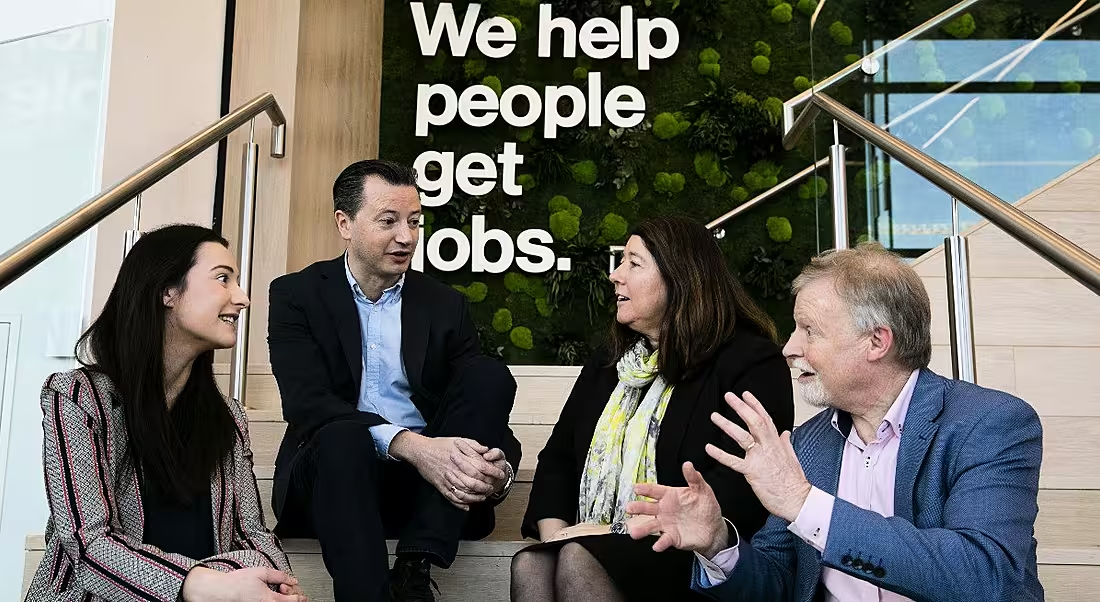The neurodiversity toolkit aims to help employers to develop more inclusive hiring processes, from job postings through to interview stages.
DCU and job site Indeed have today (3 March) launched a new neurodiversity toolkit for companies hiring. The toolkit includes advice for employers to make their recruitment processes more inclusive for people with neurodiversities, including autistic people and those with ADHD and dyslexia.
According to the toolkit, best practices for inclusive hiring procedures include recognising and respecting neurodiversities in the same way as other differences in the workplace, such as gender, race or sexual orientation.
In addition to explanations of neurodiversity and practical advice for hiring managers and HR teams, the toolkit provides a sample job description and highlights how making efforts to cater for employees with neurodiversities will see employers “reap the rewards of higher productivity, more creativity and better retention rates”.
Indeed’s senior vice-president of HR, Paul Wolfe, said that the company’s position as a global job site meant it could “provide a unique perspective” in creating the toolkit.
“Through the tools we have produced together with DCU, thousands of companies around the world can progress further along their diversity and inclusion journey, whether just beginning or already well advanced,” he said.
From open to revolving doors
The company’s vice-president of diversity, inclusion and belonging, LaFawn Davis, added: “No matter how much time and resources you devote to recruitment, if your organisation lacks a culture of inclusion and diversity, and crucially a sense of belonging, that open door will become a revolving one.
“A strong sense of belonging allows employees to present their authentic selves, spend less energy trying to hide their differences and more time celebrating them. A happier, more effective team is going to deliver a better result for the organisation at large.”
With introducing speech reader software for application processes, questioning the necessity of social skills to job criteria and considering walks instead of seated interviews among the topics covered, the toolkit was described by Sandra Healy, founding director of the DCU Centre of Excellence for Diversity and Inclusion, as “a significant step in the right direction”.




